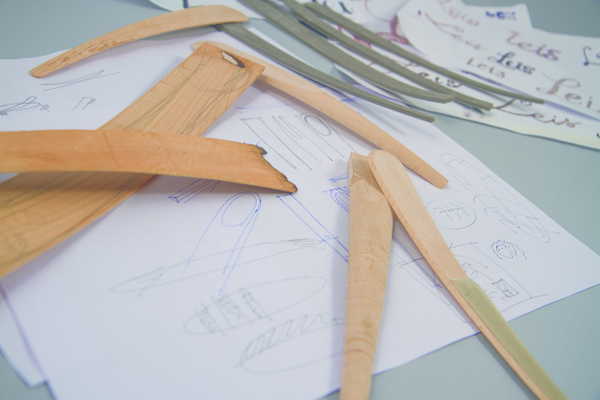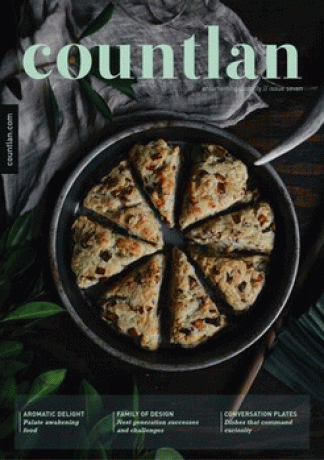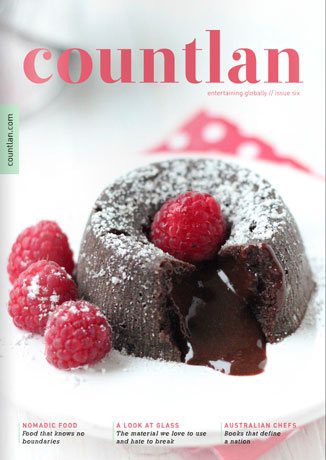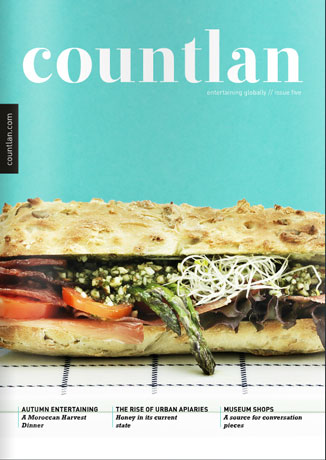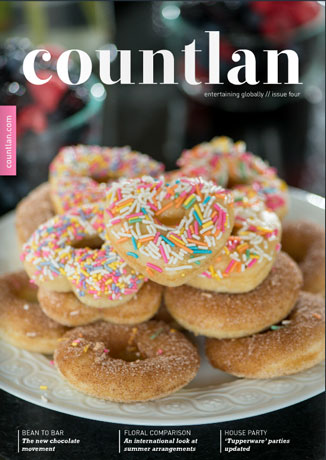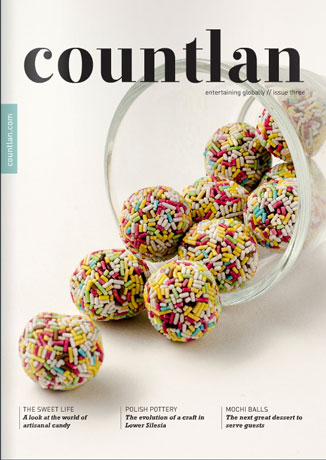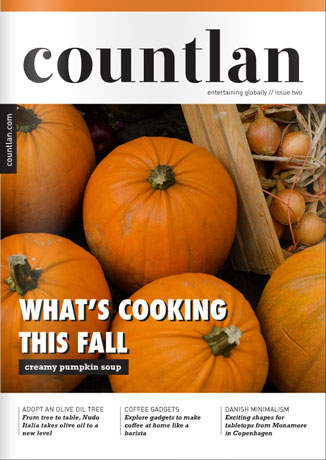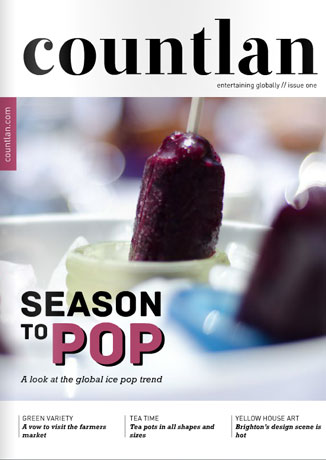
Made In: Slovenia Gigodesign Leis Kitchen Utensils
In a country that takes third spot for the most forested in Europe (Finland and Sweden are number one and two), Slovenia based Gigodesign, put their country’s natural resource to good use. The Ljubljana based design shop created a set of locally harvested sustainable beech wood kitchen utensils which are made in the Dolenjska region (south-east part of the country).
“The Leis kitchen utensils are our first tableware item. Slovenia has history of making wooden tableware crafts out of beech wood that dates back five centuries. The traditional tableware is called “suha roba” and Leis is our contemporary take on it” shares Nika Logar of Gigodesign.
INTERVIEW: Nika Logar of Gigodesign, Slovenia – LEIS Kitchen Utensils
01 Who is Gigodesign?
Gigodesign is a one stop idea-to-market shop. We help our partners make a global impact by designing great products and developing inspiring brands. We are advocates of user-centred design and lean start-up methods to guide product development.
(For those of you who do not speak “designer”, here is a witty cartoon to help explain the meaning of User Centered Design (a design philosophy))

Cartoon Source: CartouCHE/Enabled.com
02 Where are you based?
Gigodesign is based in Ljubljana, Slovenia. The kitchen utensils are produced in Dolenjska region in south-east of the country. Slovenia is Europe’s third most forested country (after Finland and Sweden) with forests covering almost 60 % of its surface. Leis kitchen utensils are made of sustainable beech wood, harvested locally within 30 kilometers of the production location.
03 How long have you been designing tableware items?
This is essentially our first tableware item but is based on centuries of tableware crafts in Slovenia and the Dolenjska region. Traditional tableware from this area is called “suha roba” and Leis is our contemporary take on it.
04 What is significant about the materials in the Leis kitchen utensils?
We used the same material that has been used for ages: beech. Due to the antiseptic characteristics of beech wood, its hard structure and sustainable growth, it is the perfect material for utensils that work with food.
05 Why did Gigodesign create a set of kitchen utensils?
“Suha Roba” is getting less and less distinct through the years because of all the low quality tableware that has infiltrated the market. Our motivation was to produce a tool that will be used on a regular basis and with modern cooking styles in mind.
06 Do you entertain at home?
‘Foodie’ culture is one of the biggest global trends at the moment and we are no different. We wanted Leis to find it’s place on the table or in the kitchen among cast iron casseroles, hard wood chopping boards, huge pepper mills and ceramic polenta pots, but still be prominent just enough to know where it is when you need it.
07 Can you share how you started the Leis design process?
We started with the cooking styles of a modern person and tried to learn from things that annoyed us while using existing utensils: nowhere to store it, hard to get in sharp corners of modern pans, you can’t leave it on the counter without staining it, etc. We believe the Leis set is the answer and solution to this problems.
08 Where is Leis available?
Currently Leis is available on our webshop as well as in a few design shops around the world.
09 What idea sparked the Leis concept?
One of our founders, Miha, who is a regular cook, found a curved piece of wood that was so simple yet perfect for mixing, scraping and flipping at the same time. It just felt great in the hand, so we decided to share this experience through Leis.


Photo Source: LEIS/Gigodesign
{GOOD TO KNOW- Woodenware and wooden crafts have a long standing history in Slovenia. The ancient Slavs crafted everyday items out of wood and passed down their skills from generation to generation. One of the towns associated with wooden ware is the town of Ribnica in southern Slovenia in the Lower Carniola region}

